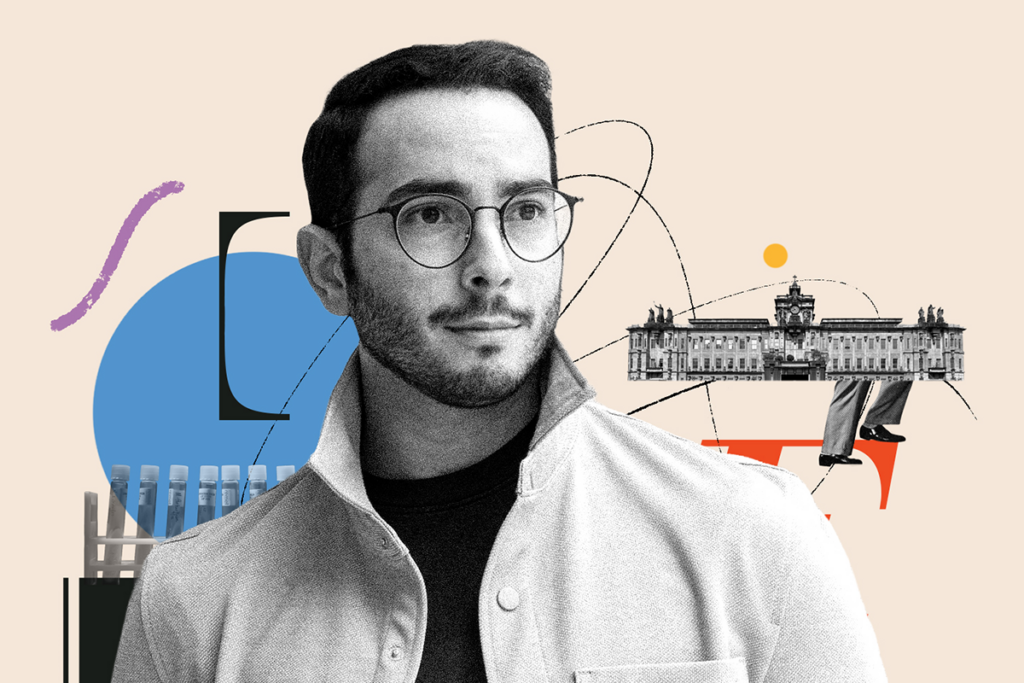Katie Moisse is contributing editor and former news editor at The Transmitter. She teaches science communication at McMaster University in Hamilton, Ontario, Canada. She has a Ph.D. in neuropathology from the University of Western Ontario and an M.S. in journalism from Columbia University.

Katie Moisse
Contributing editor
The Transmitter
From this contributor
Frameshift: Raphe Bernier followed his heart out of academia, then made his way back again
After a clinical research career, an interlude at Apple and four months in early retirement, Raphe Bernier found joy in teaching.

Frameshift: Raphe Bernier followed his heart out of academia, then made his way back again
Frameshift: At a biotech firm, Ubadah Sabbagh embraces the expansive world outside academia
As chief of staff at Arcadia, Ubadah Sabbagh gets to do science while also pushing the boundaries of how science gets done.

Frameshift: At a biotech firm, Ubadah Sabbagh embraces the expansive world outside academia
Frameshift: Shari Wiseman reflects on her pivot from science to publishing
As chief editor of Nature Neuroscience, Wiseman applies critical-thinking skills she learned in the lab to manage the journal’s day-to-day operations.

Frameshift: Shari Wiseman reflects on her pivot from science to publishing
The spectrum goes multidimensional in search of autism subtypes
Grouping people with autism based on shared features, genetics and co-occurring conditions may improve clinical trial outcomes, researchers say.

The spectrum goes multidimensional in search of autism subtypes
Memory study sparks debate over statistical methods
Critics of a 2024 Nature paper suggest the authors failed to address the risk of false-positive findings. The authors argue more rigorous methods can result in missed leads.

Memory study sparks debate over statistical methods
Explore more from The Transmitter
Neuro’s ark: Spying on the secret sensory world of ticks
Carola Städele, a self-proclaimed “tick magnet,” studies the arachnids’ sensory neurobiology—in other words, how these tiny parasites zero in on their next meal.

Neuro’s ark: Spying on the secret sensory world of ticks
Carola Städele, a self-proclaimed “tick magnet,” studies the arachnids’ sensory neurobiology—in other words, how these tiny parasites zero in on their next meal.
Autism in old age, and more
Here is a roundup of autism-related news and research spotted around the web for the week of 2 March.

Autism in old age, and more
Here is a roundup of autism-related news and research spotted around the web for the week of 2 March.
Lack of reviewers threatens robustness of neuroscience literature
Simple math suggests that small groups of scientists can significantly bias peer review.

Lack of reviewers threatens robustness of neuroscience literature
Simple math suggests that small groups of scientists can significantly bias peer review.